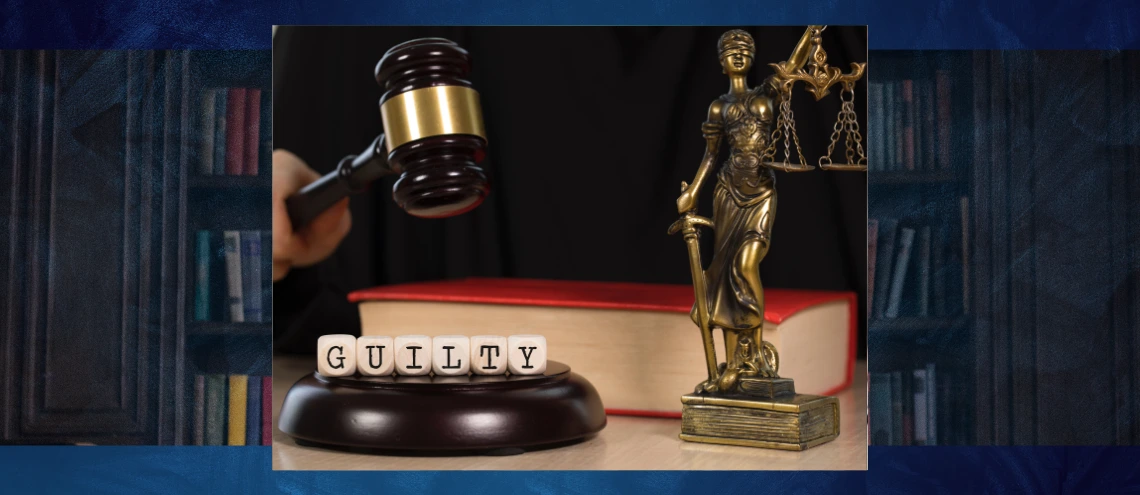
Entering a guilty plea in a Texas criminal case is a significant decision with long-lasting consequences in your Texas Criminal case.
However, you need to know that there are instances where a defendant may need to challenge their guilty plea due to legal errors, ineffective assistance of counsel, or newly discovered evidence. If you or a loved one are considering challenging a guilty plea, understanding the legal options available is crucial.
Grounds for Challenging a Guilty Plea
Texas law allows defendants to challenge a guilty plea under certain circumstances, including:
- Ineffective Assistance of Counsel – If you attorney failed to provide competent legal representation, such as not informing you of the consequences of your plea or failing to investigate your case properly, you may have grounds to challenge your plea.
- Involuntary Plea – A guilty plea must be made voluntarily and with full understanding of the consequences. If you were coerced, misled, or did not fully comprehend the plea agreement, you might be able to withdraw it.
- Newly Discovered Evidence – If new evidence emerges that could prove your innocence or significantly impact your case, you may be able to challenge your plea.
- Prosecutorial Misconduct – If the prosecution withheld exculpatory evidence or engaged in misconduct that affected your decision to plead guilty, the plea may be subject to challenge.
- Judicial Errors – If the court made an error in accepting your guilty plea or failed to follow proper procedures, this could be a basis for challenging the plea.
Legal Procedures to Challenge a Guilty Plea
There are several legal avenues available for challenging a guilty plea in Texas:
- Motion to Withdraw Plea – If filed in a timely manner before sentencing, a defendant may request to withdraw their plea by demonstrating a valid legal reason.
- Direct Appeal – If errors occurred during the plea process, an appeal can be filed to a higher court to review the case.
- Post-Conviction Writ of Habeas Corpus – This is a legal petition that allows a defendant to challenge their conviction and plea based on constitutional violations, ineffective counsel, or new evidence.
- Plea Bargain Challenges – If a plea agreement was not honored or was based on inaccurate information, the defendant may have grounds to challenge the conviction.
Time Limits and Legal Assistance
Timing is critical when challenging a guilty plea. Some motions must be filed before sentencing, while others, like habeas corpus petitions, have strict deadlines. Working with an experienced criminal defense attorney is essential to navigating the complex legal process and increasing the chances of a successful challenge.
Get Legal Help Today
If you believe your guilty plea was unjust or made under improper circumstances, you have the right to seek justice. Contact an experienced Texas criminal defense attorney to discuss your case and explore your legal options.
Challenging a guilty plea is not easy, but with the right legal representation, it is possible to correct errors and fight for your rights. Don’t wait—seek legal advice today to protect your future.
About The Attorney

Jacob Blizzard is more than your typical criminal defense attorney. He is the only lawyer in Taylor County, Texas, designated as a board-certified specialist in both Criminal Law and Criminal Appellate Law by the Texas Board of Legal Specialization. Out of 111,000+ attorneys in Texas, only 77 share this dual certification.
Mr. Blizzard is one of only 32 attorneys in the state of Texas who has achieved certification in criminal trial law by the National Board of Trial Advocacy.
He regularly practices in the areas of state and federal criminal defense, criminal appeals, post conviction writs of habeas corpus.

